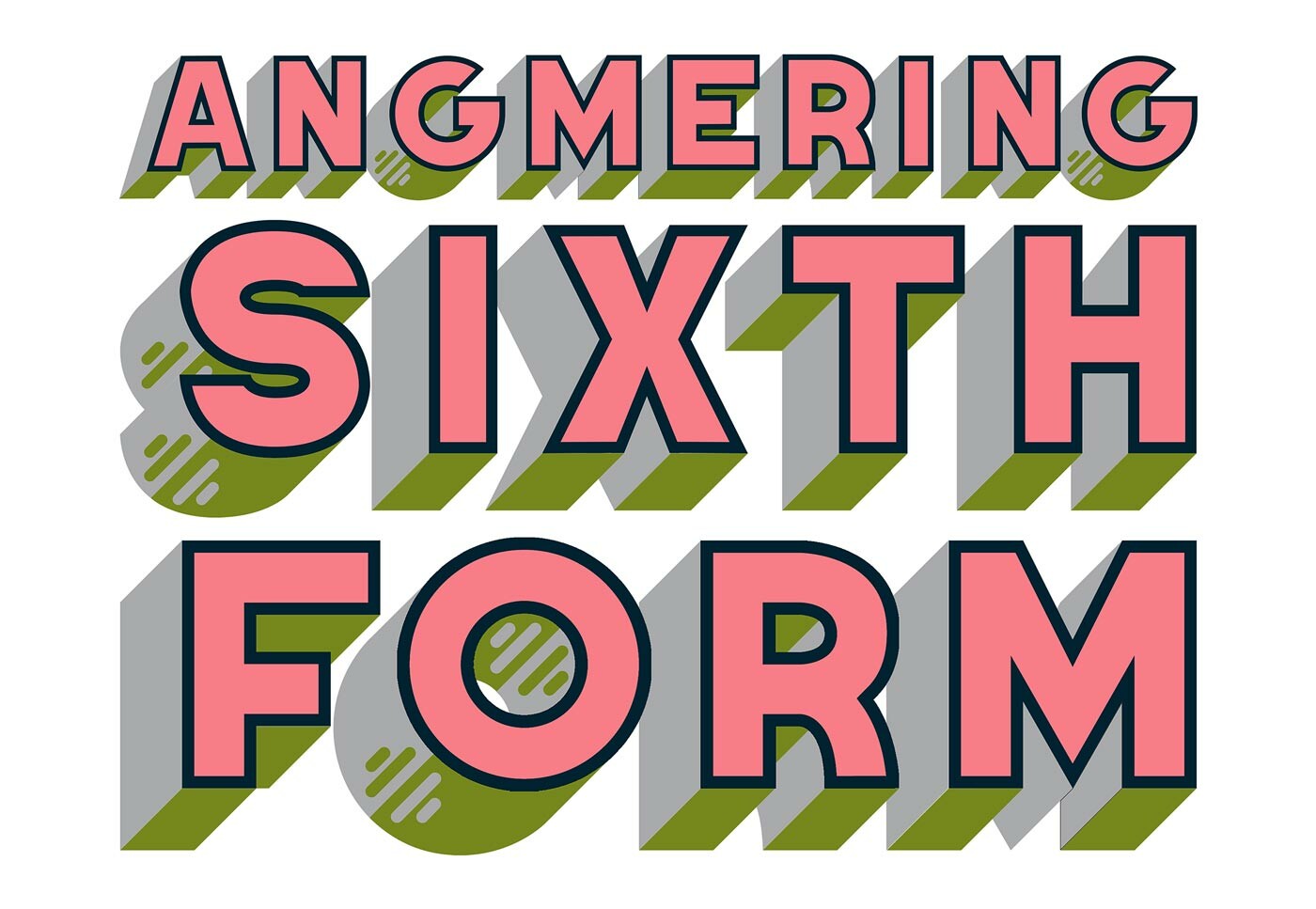Further Maths A-Level (Edexcel)
Course Overview
This course takes your ability to answer mathematical problems at GCSE and extends them into real world modelling by providing you with even more pure and applied mathematics skills. Through independent learning, classroom discussion and teacher modelling, we will develop your thinking and mathematical skills in a way that builds a deep understanding, preparing you for university.
The key skills which underpin the study of maths at Key Stage 5 are to develop fluency, the ability to reason and to apply mathematical knowledge to problem solving. The topic areas covered in this qualification are split into three main sections: Pure, Discrete and Statistics. The content within these sections are outline below:
Pure Mathematics Year 1
Matrices; vectors; complex numbers; roots of polynomials; mathematical induction; volumes of revolution.
Pure Mathematics Year 2
Series and induction; powers and roots of complex numbers; lines and planes in space; hyperbolic functions; further calculus techniques; applications of calculus; polar coordinates; differential equations and their applications.
Statistics
Discrete random variables; the Poisson, geometric and negative binomial distributions; hypothesis testing; the Central Limit Theorem; Type 1 and Type 2 errors; the size and power of a hypothesis test.
Discrete Maths
Problem solving; graphs and networks; algorithms; network algorithms; critical path analysis; linear programming; game theory.
The assessment structure is 100% by written examination. There are four exams, equally weighted, each 90 minutes long and with calculators allowed.
Any student planning to take a mathematics-rich degree (Engineering, Sciences, Computing, Finance/Economics, as well as Mathematics itself) will benefit enormously from taking Further Mathematics, and will find the transition to degree level work easier as a result. By completing an A level qualification in Further Mathematics you can choose just about any profession you want!
You should be on track to achieve a minimum of 5 GCSEs at grades 4 - 9, ideally including English, with Mathematics at grade 7 or above. You must be taking Mathematics A Level alongside this course.
Please complete this task before you start the course, and be ready to hand it in on the first lesson in September.

